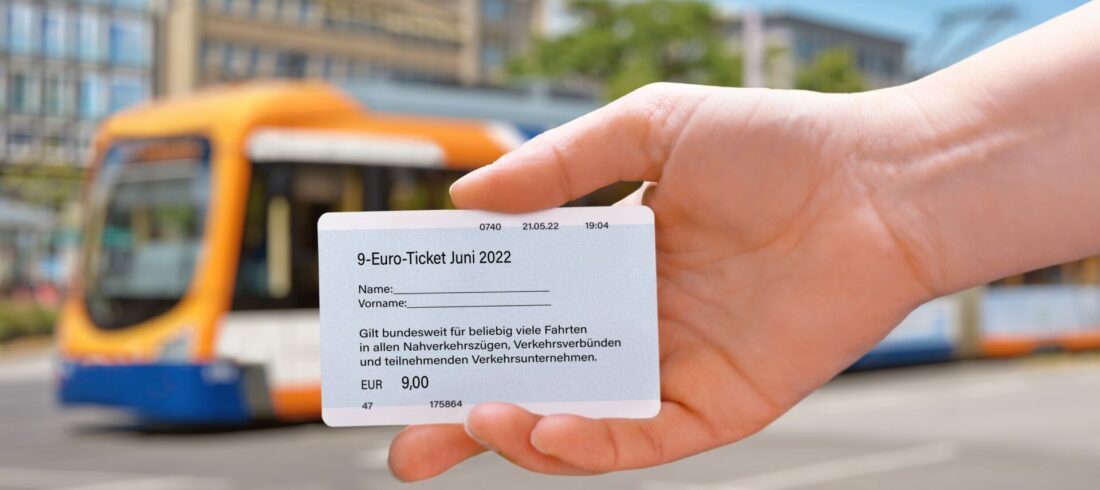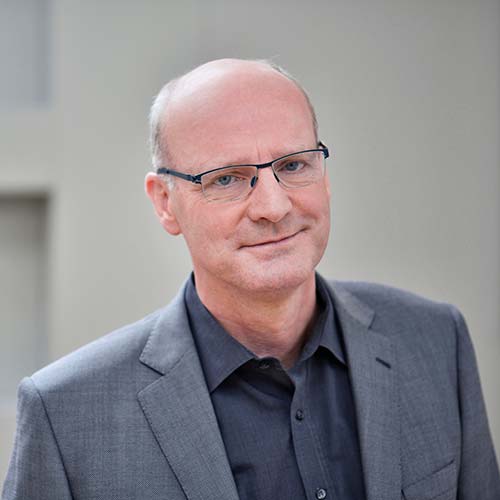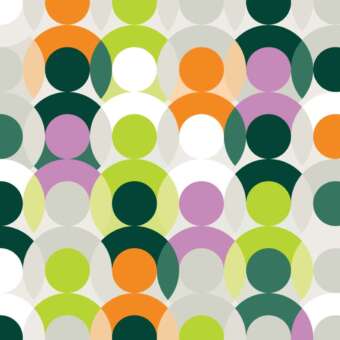A rheingold study on the 9-Euro-Ticket proves its success. The qualitative-psychological study was commissioned by Fokus Bahn NRW and conducted by rheingold psychologist Stephan Urlings. For this purpose, people between the ages of 28 and 64 were interviewed in video interviews.
This article appeared in the Kölner Stadt-Anzeiger on August 26, 2022.
At the end of August, the 9-euro ticket, which enabled people throughout Germany to use local public transport cheaply and easily for three months, will expire. In view of the low price and uncomplicated use, the low-cost train ticket has changed travelers' attitudes toward local public transport in NRW. This is the conclusion of a qualitative-psychological study conducted by the Cologne-based market research institute rheingold, which spoke to people between the ages of 28 and 64.
The rheingold psychologists conclude that the 9-euro ticket sends a signal of departure and gives people hope: "Germany can also be different - namely pragmatic, simple, affordable for everyone, surprisingly fast and cross-border." However, the latter, namely the nationwide use of the 9-euro ticket, was only used by very few people and so leisure trips such as to Sylt or to the Zugspitze are rather the exception. "What makes the ticket really attractive is its significance for one's everyday mobility," summarizes the rheingold study.
"The ticket strengthens social cohesion, trust in the state, and as a bonus you get sustainability on top. It's much more than a transportation policy measure."
As successful as the 9-euro ticket was, its continuation is now uncertain. "Now it will be decided whether something will move in Germany. We have three or four parallel crises and have now found a good solution in one area. If it is withdrawn, people will say that Germany can't do it. But if we spend a large amount in the millions to continue this ticket, it is also an investment in internal security," says rheingold psychologist Stephan Urlings. "The ticket strengthens social cohesion, trust in the state, and as a bonus, you get sustainability on top. It's much more than a transportation policy measure. It applies to all population groups, in all federal states, for all occupational and age groups. The citizens have the feeling that the state has finally done something for them. There's something very unifying about that."
If there were no follow-up solution for the 9-euro ticket, there would be great frustration, as the nationwide ticket has "psychological and political symbolic power. Although none of the respondents expected such a low-priced offer to be introduced again, the use of regional transport would have to become significantly cheaper than it is now.





